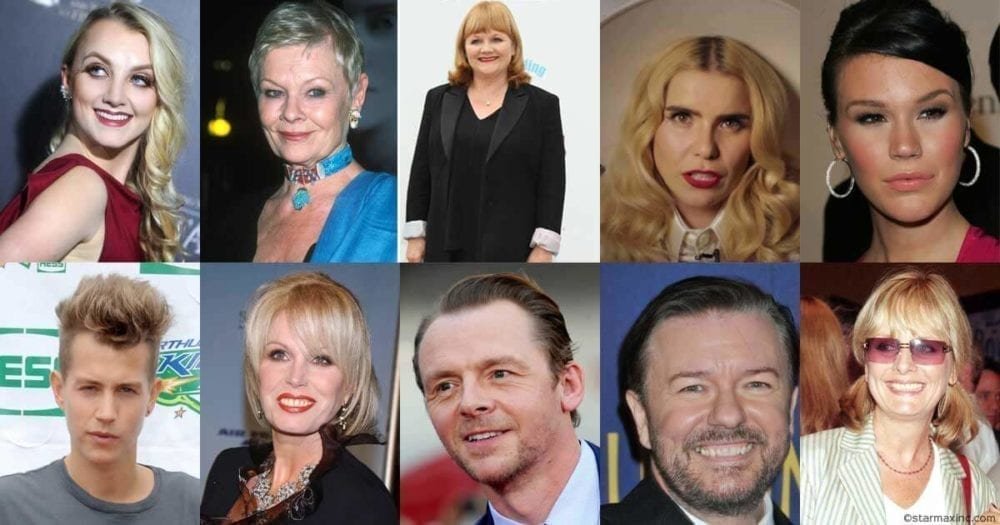This week, Prime Minister Theresa May received a letter from 31 of Britain’s biggest stars urging her to introduce a UK ban on animal-fur imports.
#FurFreeBritain
Fur farming has been illegal in the UK since 2000, but since then Britain has imported fur worth over £650m from countries such as China and Poland, where animals are typically bred in appalling conditions on fur farms.
The stars signed the open letter to show their support for the #FurFreeBritain campaign run by a group of prominent animal charities – Humane Society International UK, the RSPCA, People for the Ethical Treatment of Animals (PETA), Four Paws, Animal Aid, Brian May’s SAVE ME TRUST, Viva!, The Jane Goodall Institute UK, and Open Cages – and supported by social network Care2.
The following celebrities have added their names: Alesha Dixon, Alison Steadman OBE, Sir Andy Murray OBE, Bill Bailey, Chris Packham, Douglas Booth, Evanna Lynch, Fearne Cotton, Gabrielle Aplin, James McVey, Jenny Seagrove, Jilly Cooper CBE, Joanna Lumley OBE, Joss Stone, Dame Judi Dench, Laura Whitmore, Lesley Nicol, Lucy Watson, Martin Clunes OBE, Melanie C, Nicky Campbell OBE, Paloma Faith, Ricky Gervais, Rula Lenska, Simon Amstell, Simon Pegg, Sue Perkins, Tiffany Watson and Twiggy.
23 March deadline
The celebrity support comes as a government and parliament petition approaches its 23 March deadline and nears the target of 100,000 signatures required to trigger a parliamentary debate on the UK fur trade.
Click here to sign the e-petition to ban the sale of fur in the UK
‘We are delighted that so many of the UK’s best-loved celebrities have spoken out in favour of a Fur Free Britain. Their words echo the calls from the vast majority of the British public who want to see an end to animal fur being imported onto our shores. The UK banned fur farming almost two decades ago because of animal suffering, but we continue to import that same cruelty from other countries such as Canada, China, Poland, and the US, where the appalling suffering continues. We urge Theresa May and her government to put an end to this double standard.’
CLAIRE BASS
Executive director of Humane Society International UK
 Play Video about This Rock Might Just Save The World
Play Video about This Rock Might Just Save The World Play Video about Play 2 hours of rock
Play Video about Play 2 hours of rock Play Video about Play 2 hours of brook
Play Video about Play 2 hours of brook Play Video about Play 2 hours of sheep
Play Video about Play 2 hours of sheep











































